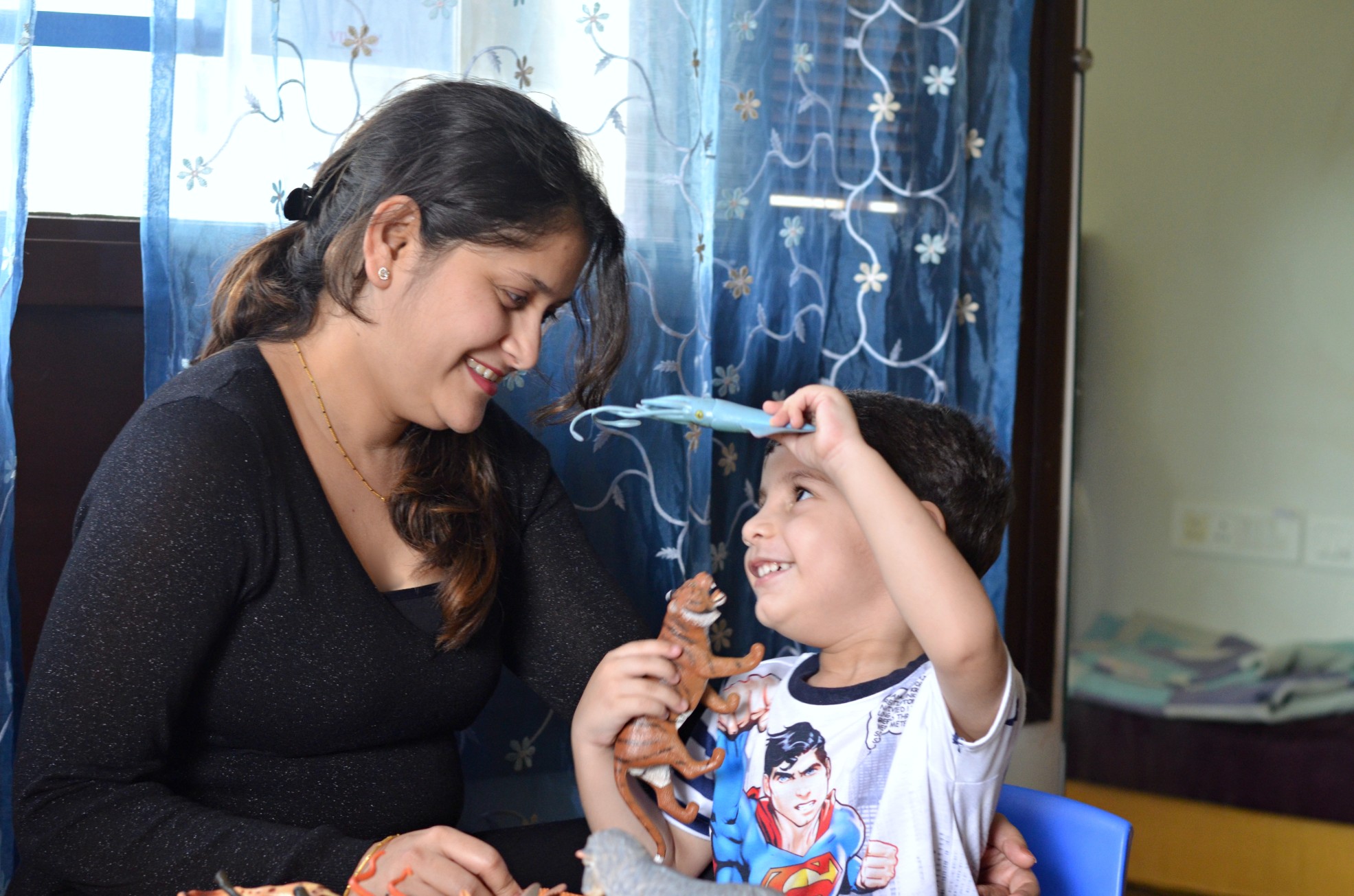- Call/Whatsapp: +91-9372801276
- Mail us: info@viverointernational.com
Routines: the basics
Family routines set out how families organise themselves to get things done, spend time together and have fun. Routines help family members know who should do what, when, in what order and how often.
Routines also let your children know what’s important to your family. For example, family rituals are routines for special things your family does regularly. These can strengthen your shared beliefs and values and build a sense of belonging and togetherness in your family.

Why routines are good for children
Routines can be good for children for several reasons.
1. Safety, belonging and relationships
Routines can be part of an organised and predictable home environment, which helps children feel safe, secure and looked after. And a predictable family life can also help children cope better during development changes or life events like the birth of a new sibling, or a house move.
When routines are built around having fun or spending time together it strengthens family relationships.
For example, your routine might include things like reading a story together before bed each night, sharing regular family meals, or going for a family walk on Sundays.
2. Skills and responsibility
Having chores as part of family routines helps your child develop a sense of responsibility and some basic skills like time management. These are skills children can use for life. When children can do their parts of the routine with less help or supervision, it also helps them become more independent.
3. Health and wellbeing
Routines can help younger children to learn healthy habits, like brushing their teeth, taking medicine regularly, doing physical activity, or washing their hands before meal time. This means that routines can be good for children’s health. For example, children who wash their hands more regularly might be less likely to get colds and other common illnesses.
Toddlers and pre-schoolers: ideas for daily routines
For toddlers and pre-schoolers, you could have routines for:
Why routines are good for parents
Routines take some effort to create. But once you’ve set them up, they have many benefits:
Predictable routines and environments can help a child feel less anxious or sad during difficult times. Daily routines help set our body clocks too. For example, bedtime routines help children’s bodies ‘know’ when it’s time to sleep. This can be a big help as children are healthier and happier at school as well.
